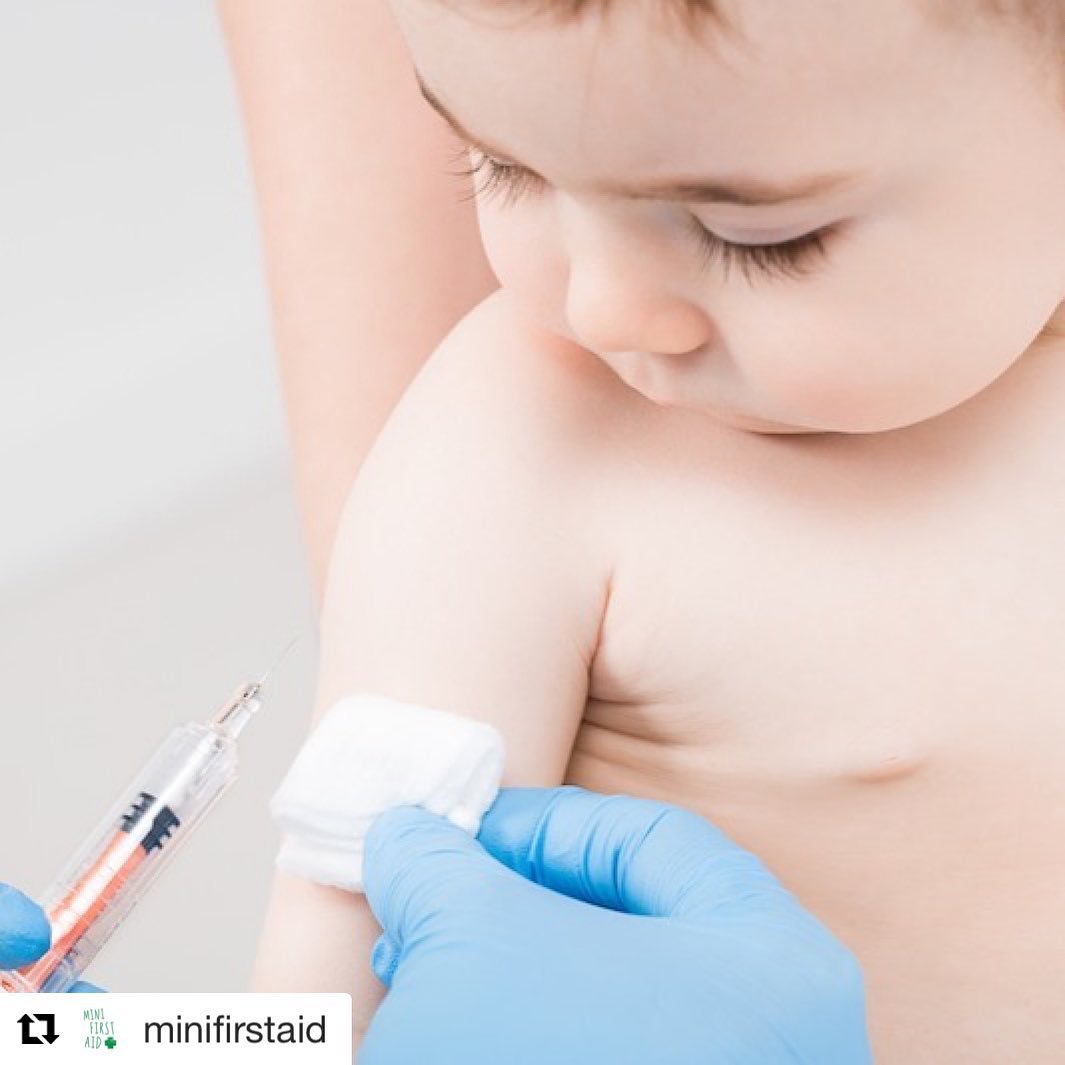Vaccinations protect babies and others from harmful diseases. Most babies can follow the Centers for Disease Control and Prevention (CDC) vaccination schedule, but check with your baby’s provider if it’s suitable.
Babies with health conditions, those who travel, or those in contact with diseases may need a different schedule. Vaccination side effects are usually mild and temporary.
The CDC’s childhood immunization schedule outlines vaccines that most children should receive, starting in the first two years of life, with multiple doses needed for full protection.
Repeat vaccinations are needed as babies grow to maintain protection. These vaccines are typically given during well-baby checkups.
Importance of Childhood Immunization Schedule
Vaccinating your baby according to the recommended schedule is essential for protection.
The schedule is designed based on your baby’s immune response and potential disease exposure, ensuring protection against 14 serious diseases at the right times.
Spacing out vaccines can leave your child vulnerable to serious complications, which can be deadly for infants.
Vaccines need to be given before exposure to be effective. Each vaccine dose is important, as some need multiple doses to build or boost immunity.
Maternal antibodies and breastfeeding offer some early protection, but vaccines are crucial for long-term defense.
Following the schedule not only protects your child but also helps prevent the spread of diseases to others.
What Are the Different Types of Vaccines?
By 15 months, your baby may receive up to 10 different types of vaccines, recommended by the American Academy of Pediatrics (AAP) to protect against serious diseases.
Additional doses and other vaccines will be given between 15 months and 16 years old, with schedules adjusted for chronic conditions or weakened immune systems.
Here’s a summary of the key vaccines and the diseases they prevent:

- Flu (Influenza): Prevents fever, chills, cough, body aches, vomiting, and diarrhea.
- Haemophilus influenzae type b (Hib): Protects against meningitis, pneumonia, and other infections.
- Hepatitis A and B: Prevent liver infections.
- Measles, Mumps, Rubella (MMR): Protects against rash, fever, swollen glands, and flu-like symptoms.
- Pneumococcal Disease: Prevents ear and sinus infections, pneumonia, meningitis, and bacteremia.
- Polio: Prevents paralysis and death.
- Rotavirus: Prevents severe diarrhea, vomiting, and dehydration.
- Tetanus, Diphtheria, Pertussis (DTaP): Protects against muscle and nerve infections, sore throat, fever, and whooping cough.
- Varicella (Chickenpox): Prevents itchy rash and fever.
What Ages Do Kids Get Shots?
The vaccination schedule includes multiple doses for optimal protection. Breastfeeding and maternal antibodies provide some early protection, but vaccines are crucial for long-term defense.
Following the schedule protects your child and helps prevent disease spread to others. Vaccines given at different ages include:
- Birth to 6 months: HepB, RV, DTaP, Hib, PCV13, IPV, Influenza.
- 12 to 18 months: MMR, VAR, HepA, additional doses of previous vaccines.
- 4 to 6 years: Booster doses of DTaP, IPV, MMR, VAR.
- 11 to 12 years: Tdap booster, HPV, Meningococcal.
- 16 years: Second dose of Meningococcal.
Get Your Baby Vaccinated Today!
Following the childhood immunization schedule is essential to protect your baby from serious diseases. Timely vaccines build strong immunity and prevent severe complications.
Each dose is important for long-term defense, supplementing early protection from maternal antibodies and breastfeeding. Vaccines also help stop disease spread in the community.
Consult your pediatrician for personalized advice, especially if your child has health conditions or missed vaccines.
Vaccination is crucial for all children, including preterm and low-birthweight babies, to guard against higher risks of illness.
For more baby care tips, visit Moon Mystical and explore our comprehensive resources. Stay informed and ensure your baby’s health with expert guidance.















Leave a Reply
View Comments